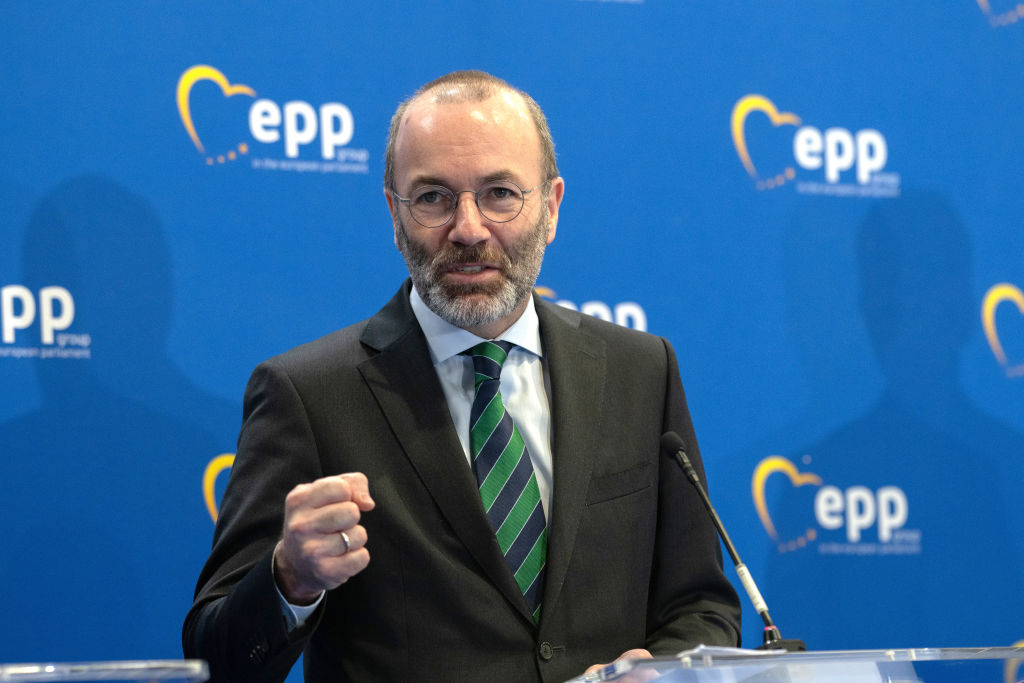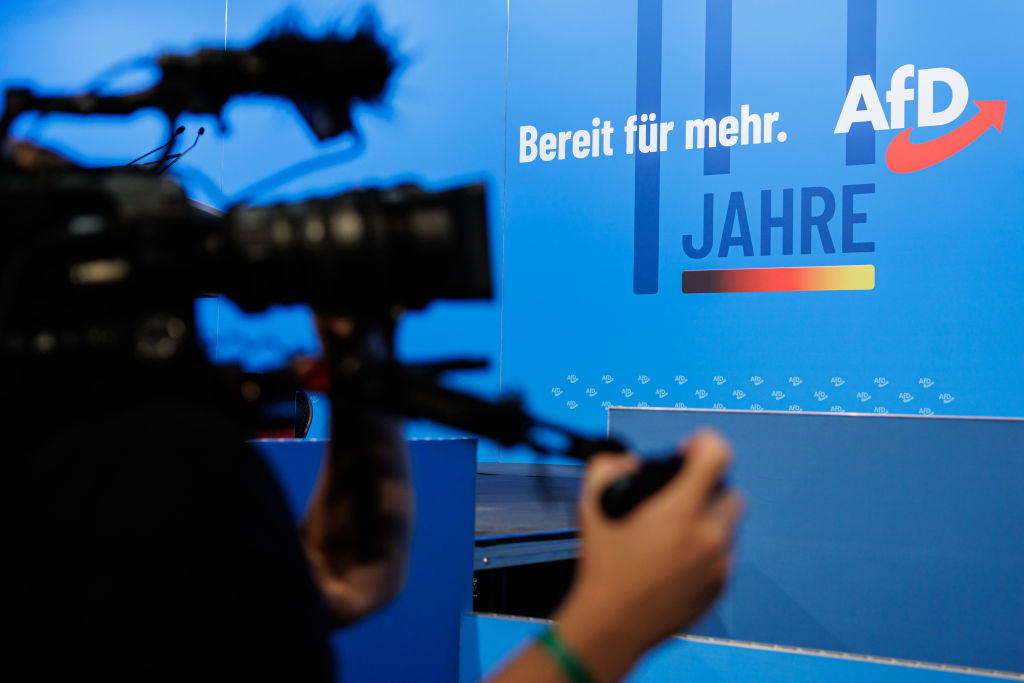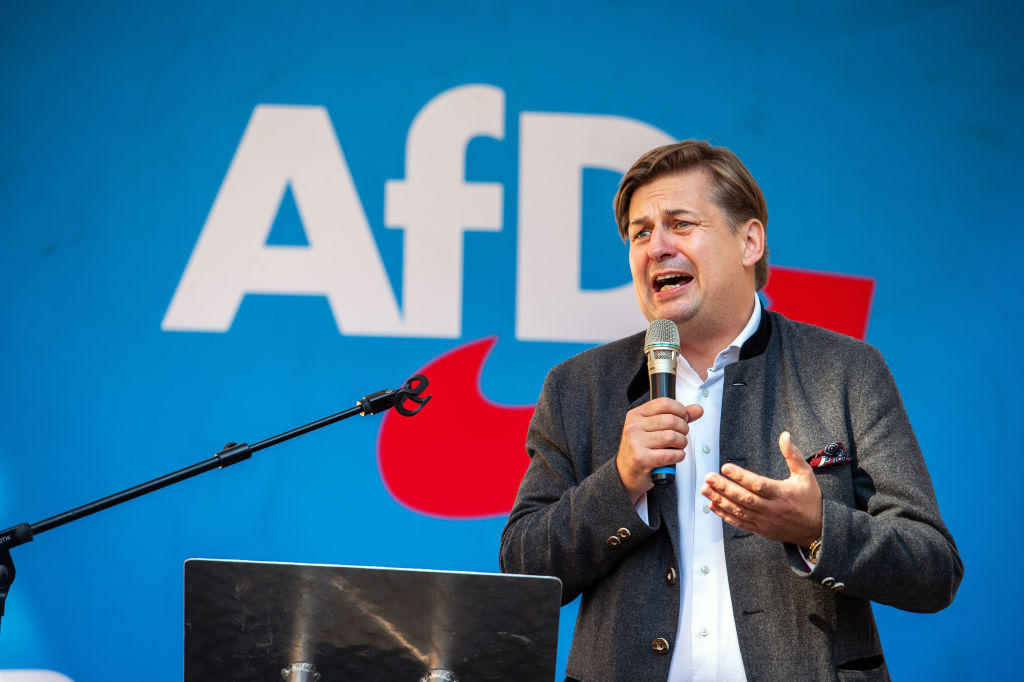Markus Söder, leader of the Christian Social Union (CSU) in Bavaria, wants its allied Christian Democratic Union (CDU) to work with the hard-left Sahra Wagenknecht Alliance (BSW) to block the Alternative for Germany (AfD).
While are many similarities between the BSW and AfD, there was “high aggression potential” with the AfD, unlike with BSW, Söder said, according to a July 22 report by German public broadcaster BR.
In the next few months, Germany will have State elections in Saxony, Thuringia and Brandenburg, all located in East Germany. AfD is leading the polls in all three.
The Bavarian CSU leader said a firewall against AfD was “logical”.
Söder made his comments after a CSU board meeting in Munich, where he described BSW as more “on the social track”. The BSW does not have the “high aggression potential” of the AfD. “That’s why, of course, I think it’s a qualitative difference.”
He said he felt his party could come in first in Saxony and Thuringia and become “the strongest democratic force”. But he said he was willing to work with the BSW to reach a majority if needed.
“It is easier to jump over one’s shadow than to climb over some walls,” Söder said about co-operation with BSW.
The CDU signed a formal resolution with The Left party not to work with the AfD, but there is no such resolution with BSW, a splinter group of The Left.
The Left never made it into the State Parliament.
In June, Armin Laschet, leader of the CDU, mentioned a possible coalition with BSW at the State level, declaring that the primary goal was to keep AfD from governing.
He said: “If all three traffic-light parties drop out, which is possible,” the BSW is “a possible partner” for the CDU.
The executive board of the Bavarian CDU recently held a four-hour meeting on how to deal with the so-called extreme fringes of the political spectrum.
The main focus of the meeting was the AfD.
“For us it is clear: there is no use copying. It is even less useful to fraternise,” the party stated. Instead, it said extreme parties must be confronted. There should also be an effort to solve problems such as migration and “difficult social issues”.
Politically speaking, the party wants to catch up with the AfD on social media use, promising “an offensive” on TikTok, to explain its policies to younger voters.
According to at least one survey, the AfD in Thuringia is polling at 28 per cent, followed by the CDU at 23 per cent. The BSW is projected to enter the State Parliament there for the first time with 21 per cent.
Currently, Thuringia is being governed by an alliance of Greens, Socialists and hard-leftists from Die Linke, but they are all are performing badly in the polls.





